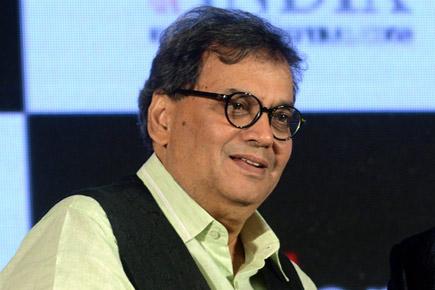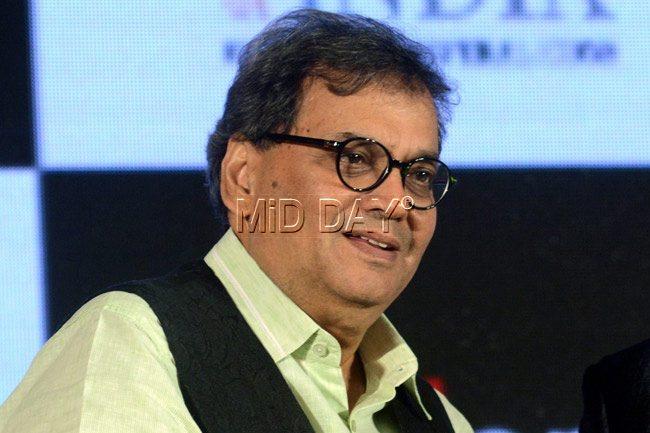Filmmaker Subhash Ghai, whose repertoire is studded with films like "Karz", "Ram Lakhan", "Khalnayak" and "Pardes", believes commercialisation has nowadays made the Indian cinema world a cash trap -- a mode for brand promotions.

Subhash Ghai
Filmmaker Subhash Ghai, whose repertoire is studded with films like "Karz", "Ram Lakhan", "Khalnayak" and "Pardes", believes commercialisation has nowadays made the Indian cinema world a cash trap -- a mode for brand promotions.
ADVERTISEMENT

Subhash Ghai
His last few movies -- "Yuvvraaj", "Kaanchi: The Unbreakable" and "Black & White" -- failed to spin the magic the 'Showman' was known for in the 1980s and 1990s.
"The (Indian) cinema has been reduced to a cash trap industry. Earlier, it was a creative industry, but now more of commercialisation has entered in it. Now actors don't talk about a particular scene or performance, they talk about the collection," Ghai told IANS over phone from Mumbai.
Also concerned by the rising pay cheques reserved for the A-listers, Ghai said: "Film corporate companies have faced big losses in recent years. The only ones who have gained are the stars and the marketing companies.
"Producers should try and make films having a good story and director rather than giving out half of the budget to the stars. I used to pay only 10 percent of my film's budget to the stars... But now, stars are more interested in endorsing products rather than acting in a film," added the filmmaker, who takes pride in the fact that "stars used to run after me" during his prime.
The 70-year-old, who was honoured with a Lifetime Achievement Award at the International Indian Film Academy (IIFA) Weekend and Awards in Kuala Lumpur, Malaysia, earlier this month, is even against the idea of actors turning producers as he feels it makes the director's job more difficult.
"Directors have become producers because they don't want any other person to interfere in their credibility. But when actors become producers, they try to dominate the director. Nowadays, the corporate people are asking every actor to become a producer. Apart from three to four directors like Rajkumar Hirani and Rohit Shetty, rest all are obligant," he said.
Having started his directorial career with the 1976 film "Kalicharan", Ghai considers himself "blessed" to have stayed in the industry for such a long time. He says the 1980s were the best time of his almost four-decade-long journey.
"I was really flying high in the 1980s as most of my films did well at the box office. Since 'Kalicharan', I made 19 films in all, out of which 14 were blockbusters. From 1975 to 2005, it was the best era of my life which spanned for 30 years," said Ghai, whose two 1980s hit films "Karz" and "Hero" were screened on Zee Cinema some time ago.
"I feel blessed that I'm one of those achievers who stood in the industry for four decades. But now I make films on my own terms and happiness, not under anybody's pressure. I ran constantly on a treadmill for 30 years. So, I'm a happy and peaceful person today," added Ghai, who also has a film institute in Mumbai.
Enjoying the slow pace on the film direction front, he said: "I used to take six months for making a film prior to 2005, but after that I took four years' gap while directing a film. It's just that you feel a lot more responsible and try to do something for the upcoming generation and the country."
 Subscribe today by clicking the link and stay updated with the latest news!" Click here!
Subscribe today by clicking the link and stay updated with the latest news!" Click here!






